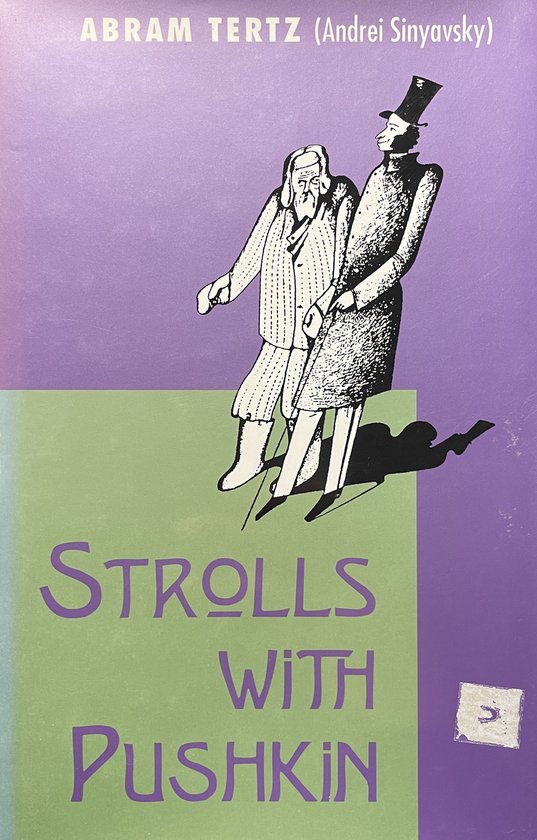De Boeken van Wouter
Strolls with Pushkin
Strolls with Pushkin
Kan beschikbaarheid voor afhalen niet laden
Verzending is beschikbaar op maandag en vrijdag
Meestal verzonden binnen 1–4 dagen na bestelling
4 boeken kopen = 3 betalen
Gratis verzending vanaf €25
Titel: Strolls with Pushkin
Schrijver: Abram Terts
Bindingswijze: Hardcover
EAN: 9780300052794
Conditie: Goed
Let op: Hieronder staat een algemene beschrijving van hoe wij onze conditietypes classificeren. Als u een nauwkeuriger beeld wilt of specifieke vragen heeft, stuur ons dan een bericht en we kijken het graag voor u na.
Conditie-omschrijvingen:
- Als Nieuw: Nauwelijks gebruikssporen, bijna als nieuw.
- Goed: Kan lichte gebruikssporen vertonen, zoals wat verkleuring of een naam op de schutbladen, maar doorgaans geen onderstrepingen of aantekeningen in de tekst.
- Redelijk: Boek in redelijke staat. Kan gebruikssporen vertonen, zoals verkleuring, leesvouwen in de rug, onderstrepingen, aantekeningen, lichte vervuiling aan de randen, ezelsoren of een kromme rug.
- Nieuw: Boek is nieuw.
Beschrijving:
This is the first English translation of a work which caused a scandal in Russia when it originally appeared. Sinyavksy wrote Strolls with Pushkin while he was imprisoned for his writings in a Soviet labour camp, smuggled it out in letters to his wife, and published it in emigration in 1975. 14 years later, the first excerpt was published in Russia. Many scholars in the West regard it as the most brilliant critical work on Pushkin ever to have been written; however, in Russia it has been violently attacked for its irreverent portrait of Pushkin, who is the Russian national poet possessing a status approximating that of a religious icon. In this book, Sinyavksy attempts to answer the question why Pushkin is able to achieve the lightness, brilliance and universality that is so often attributed to him. He claims that Pushkin's lightness is often emptiness, his brilliance is often posing, and his universality is merely an acknowledgement of the pleasures of everyday life. This is all counter to the received Russian notion of Pushkin as a divinely inspired universal genius who interpreted the great soul of Mother Russia . The book itself can be read as an inspired monologue about the nature of greatness in art and artists, and it is sure to become a classic of Russian literature and Russian literary criticism.
Share

